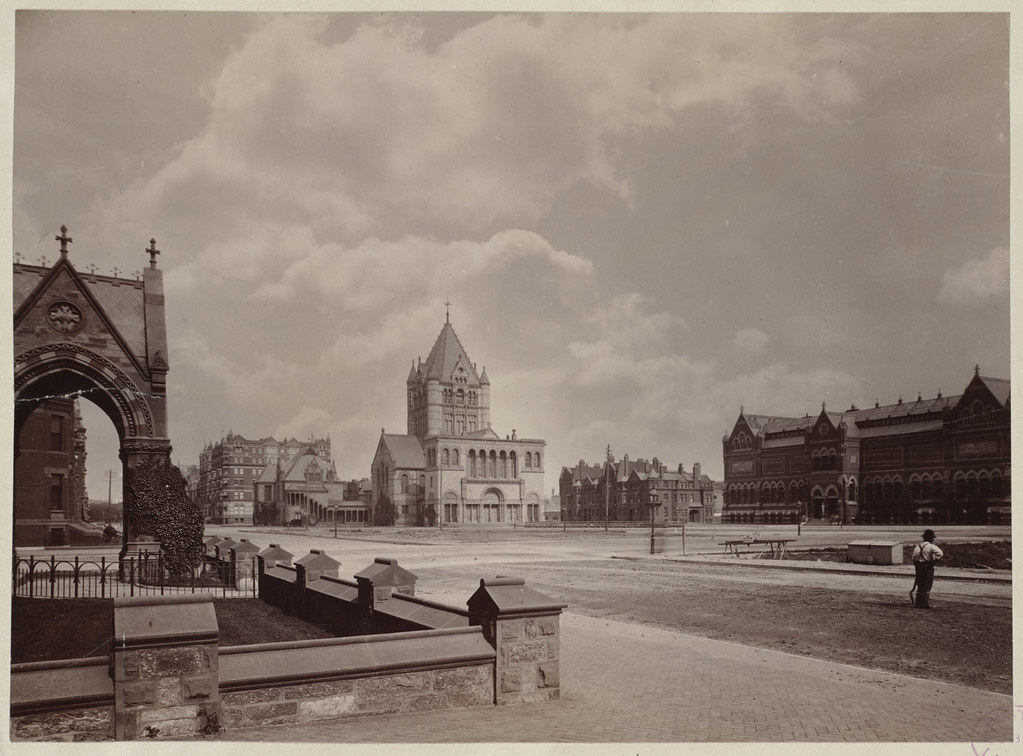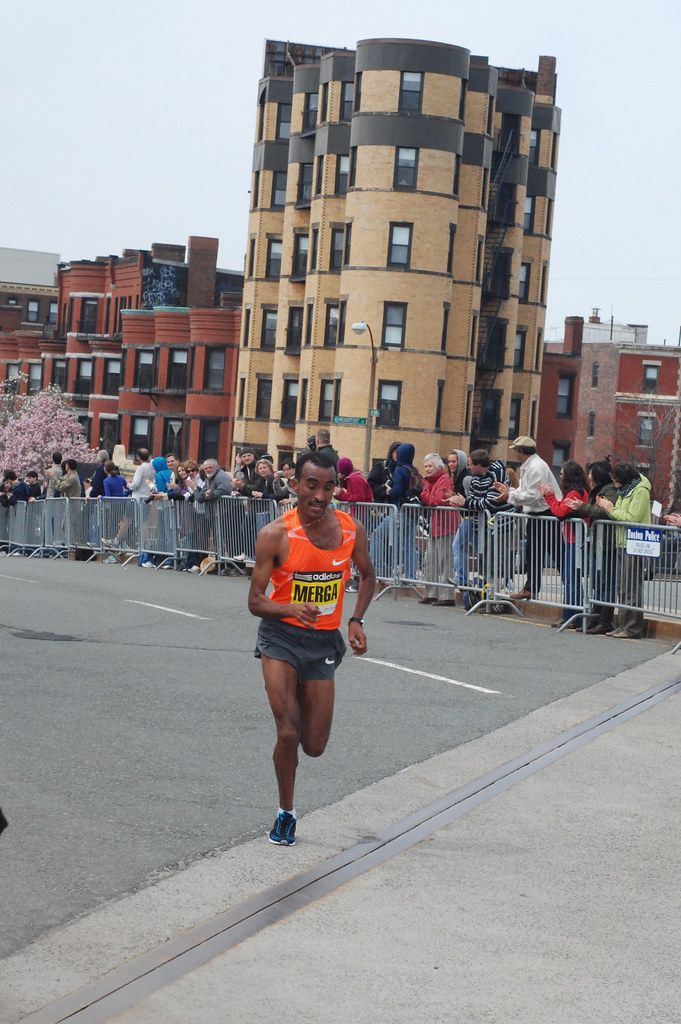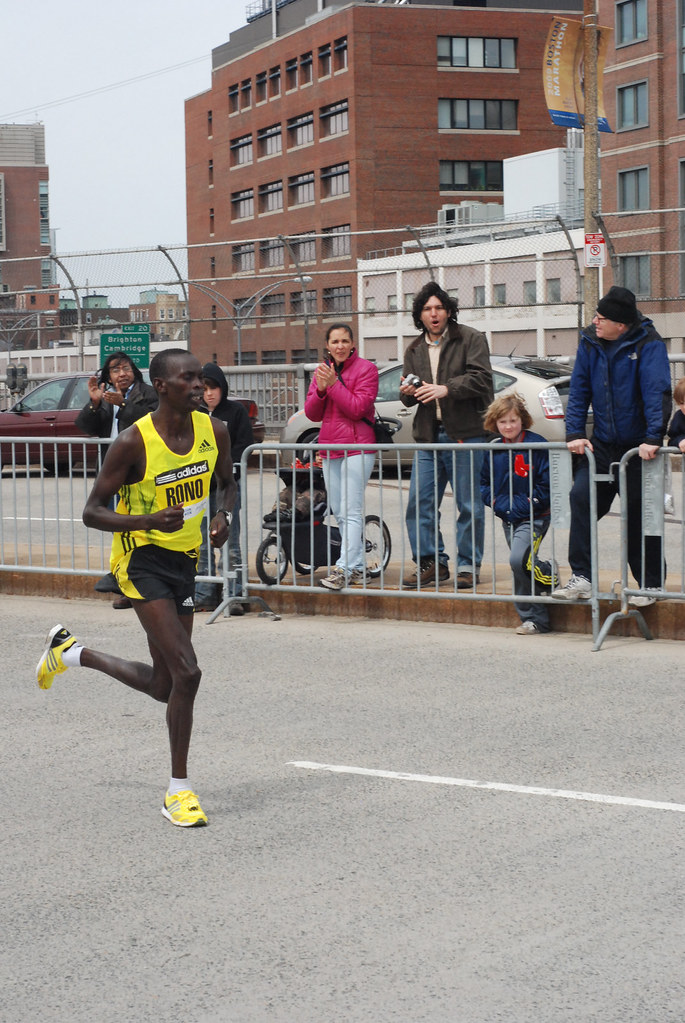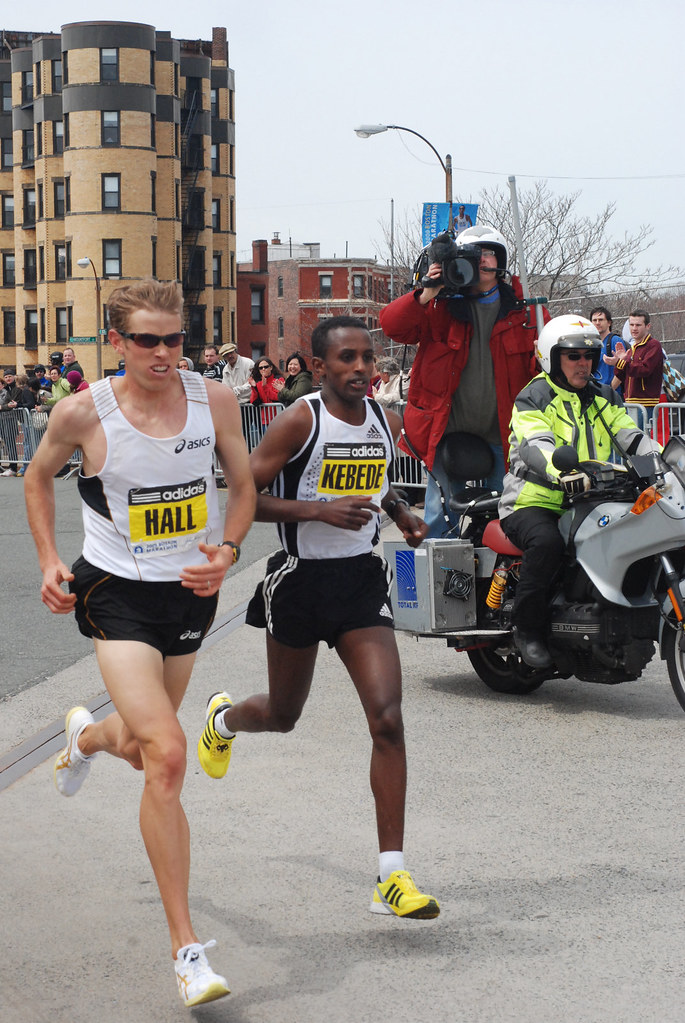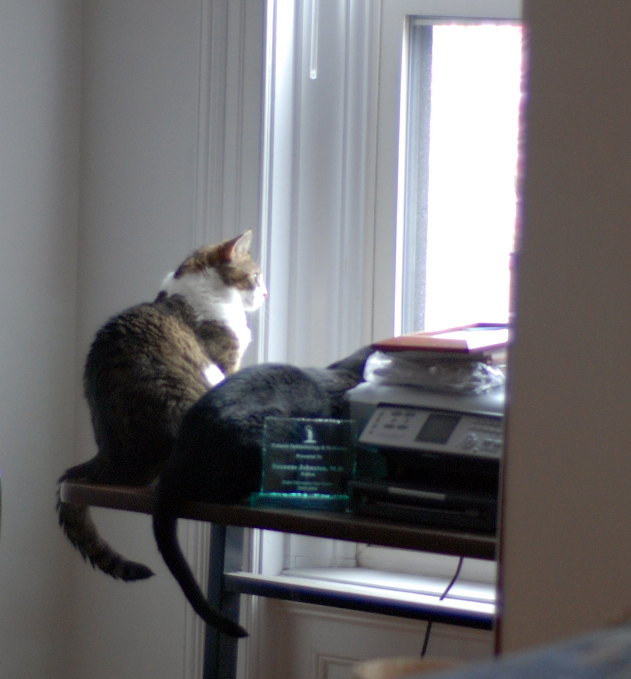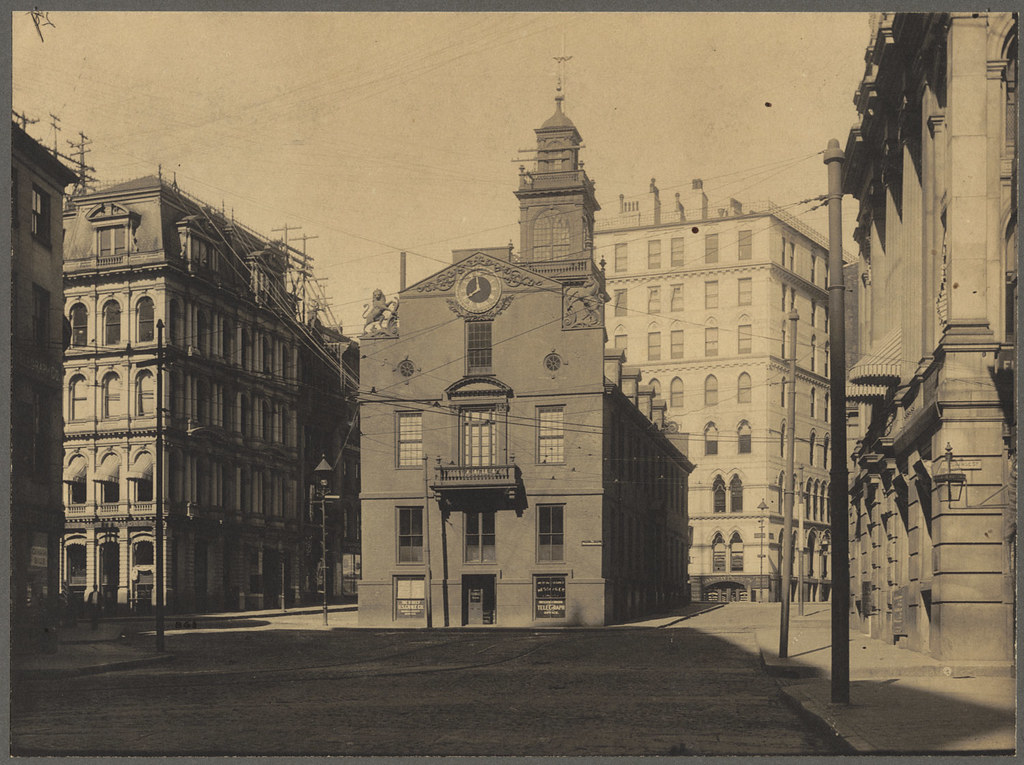I have developed tender feelings towards the word “muddle.”
A muddle. It sounds like a puddle. Are you in a muddle when you are in trouble? I might be in trouble if I am in a puddle. I might be in trouble if I am in a muddle.
Clearly you can write poetry using this word. I blame E.M. Forster for my silly fixation.
In the movie “A Room with A View,” an adaptation of E.M. Forster’s novel by the same name, Mr. Emerson tells Miss Honeychurch that she is “in a muddle.” The movie is where I heard the word for the first time, but my curiosity was peeked while listening to E.M. Forster’s novel, “A Passage to India.” I realized that the author not only used the word “muddle” repeatedly, but that he wrote entire paragraphs about muddles.
“I like mysteries but I rather dislike muddles,” said Mrs. Moore.
“A mystery is a muddle.”
“A mystery is only a high sounding term for a muddle. No advantage in stirring it up, in either case. Aziz and I know well that India’s a muddle.”
“A Passage to India”
“…there’s nothing worse than a muddle in all the world. It is easy to face Death and Fate, and the things that sound so dreadful. It is on my muddles that I look back with horror—on the things that I might have avoided.”
“…all of my teaching of George has come down to this: beware of muddle. Do you remember in that church, when you pretended to be annoyed with me and weren’t? Do you remember before, when you refused the room with the view? Those were muddles—little, but ominous—and I am fearing that you are in one now.”
“A Room with A View”
According to the Merriam-Webster dictionary, the word “muddle” has several meanings as a transitive verb,
- to make turbid or muddy
- to befog or stupefy especially with liquor
- to mix confusedly
- to make a mess of, to bungle
as well as one meaning as an intransitive verb,
5. to think or act in a confused aimless way.
To use the word in a sentence, I could say that, for example, my brain is muddled, implying that I cannot think clearly.
Before checking the dictionary I suspected a relationship between the words “muddle” and “mud.” At the same time I thought that such an obvious association was unlikely. Imagine my excitement when I read the definition and realized that my initial guess was actually correct! Moreover, the Merriam-Webster dictionary claims that one of the possible origins of “muddle” is the Dutch word “mode” meaning “mud.” Strangely, the dictionary fails to provide any definitions for the word “muddle” as a noun.
In his novel, “A Passage to India,” E.M Forster associates a muddle with a mystery. Miss Quested finds India mysterious, while Mr. Fielding thinks that India is a muddle. Mysterious events in the Marabar caves lead Miss Quested into a muddle. (Does that make her regret coming to India?) In his novel “A Room with A View,” E.M. Forster refers to muddles as regrettable actions or avoidable situations. Miss Honeychurch finds herself in a muddle after she lies to everyone including herself about her true feelings. As a result her family and friends find her actions mysterious. When Miss Quested and Miss Honeychurch admit the truth, mystery surrounding them dissolves, and they no longer find themselves in a muddle.
Does a mystery lead to a muddle, or does a muddle lead to a mystery? Evidently, either one is possible.
“Perhaps life is a mystery, not a muddle…”
Thus a muddle remains a mystery to me.
